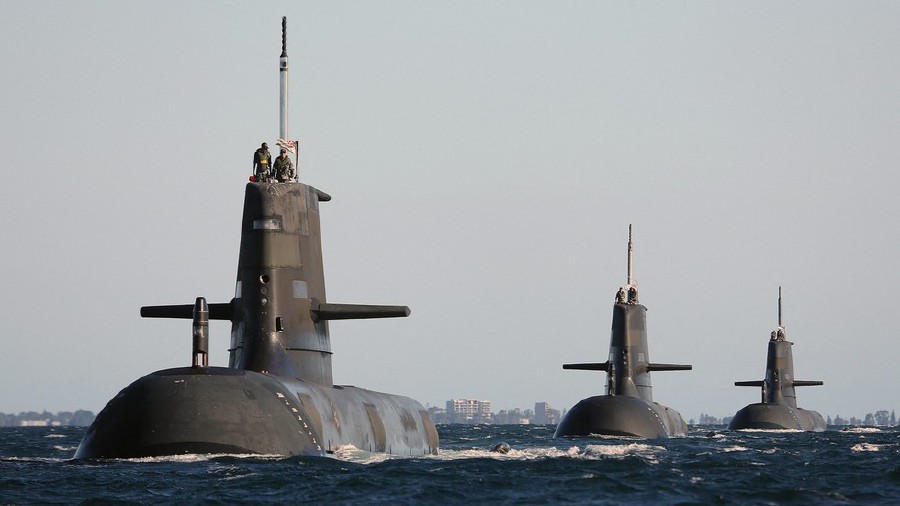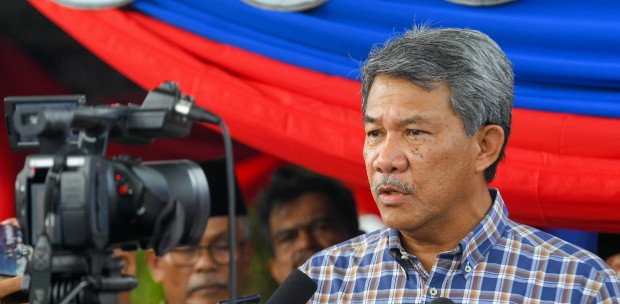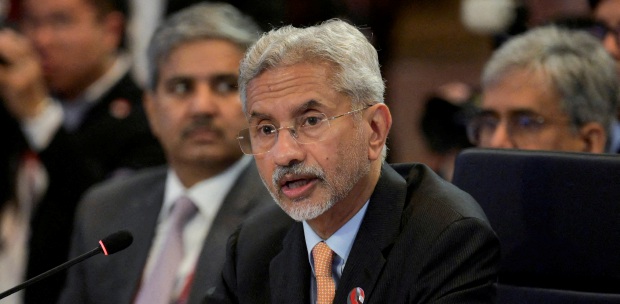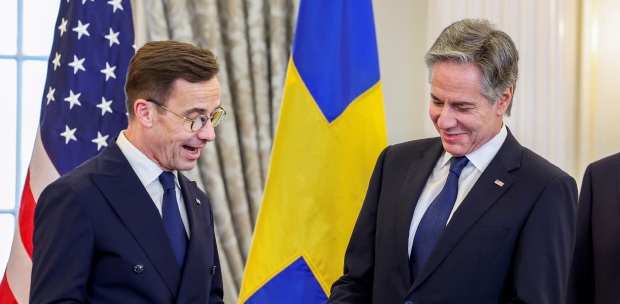The announcement of a trilateral military and security partnership known as AUKUS (Australia, United Kingdom and United States) on Sept 15 was received largely with ambivalence by Asean member states.
Indonesia, Asean's primus inter pares, was the first to voice its uneasiness about the initiative. Malaysia is rather anxious, stating that it could escalate tensions among major powers.
On the other hand, Singapore and Vietnam warmly welcomed the security partnership. The initiative was one of the points that was discussed during US Vice-President Kamala Harris' trip to both countries two months ago.
In an unprecedented move, the ambassadors of the US, UK and Australia jointly published a statement to clear the air to the perplexed public in Malaysia.
The main point of the statement was to give an assurance that AUKUS was merely a trilateral initiative to develop strategic technologies, cybersecurity and artificial intelligence, while helping Australia safeguard its territory.
The three countries pledged to respect regional peace, coexistence and prosperity among Asean member states.
In a region that was once riven by conflict, the military pact is not a strange concept to Southeast Asian countries. Since 1971, Malaysia has been party to the Five Powers Defence Arrangements with the UK, Australia, New Zealand and Singapore.
The Philippines signed a military treaty with the US in 1951, making it one of the world's longest mutual defence treaties.
The point is military pacts either bilateral or multilateral are permissible within the logic of modern nation states.
From a strategic viewpoint, in addition to helping Australia strengthen its defence capabilities, AUKUS is designed to deter China's growing influence in the Indo-Pacific. Unfortunately, those countries are at risk of alienating their long-time ally, France. The French were furious when Australia decided to cancel a submarine deal worth £56 billion, thus ending the mutual strategic partnership between the two countries.
Nonetheless, to what extent will AUKUS increase militarisation in Southeast Asia? How should Malaysia position itself and avoid getting entangled in a crossfire between major powers?
Although AUKUS' primary purpose is to pursue a deterrence strategy and stall China's efforts to modernise and expand its nuclear capabilities, Australia's procurement of nuclear-powered submarines will provoke an arms race with China. The arms race between major powers will eventually trigger a military buildup by Asean countries.
China's militarisation of the South China Sea has been linked to Vietnam's rapid military development, with the country importing eight times more arms between 2011-2015 than before. Later, the Philippines, Indonesia, Thailand and Malaysia followed a similar trajectory.
Israel-based defence company Rafael Advanced Defense System was recently awarded a contract worth US$80 million to provide its naval warfare system to an undisclosed Southeast Asian country. This will compel other countries to take the same path, accelerating militarisation in the region.
The military equipment buying spree by Asean countries risks throwing the region off the military balance, jeopardising the very principle of coexistence and amity among member countries.
Malaysia, on the other hand, is careful in navigating its foreign policy with major powers. Prime Minister Datuk Seri Ismail Sabri Yaakob cautiously expressed his opinion along neutral lines by saying AUKUS may provoke other powers to act more aggressively and intensify the already tense situation in the South China Sea.
As a middle power state, multilateral diplomacy and partnership are Malaysia's strengths. We continue our prosperous economic cooperation with China, while maintaining a strong relationship with the US and the UK.
Senior Defence Minister Datuk Seri Hishammuddin Hussein's remarks on Oct 12 reaffirm Malaysia's commitment to the principle of neutrality, saying the issue would be discussed at the Asean Defence Ministers' Meeting next month.
Hence, exchanging views with neighbours reflects Malaysia's sincerity in constructive engagement. We're not just jumping on the bandwagon over AUKUS. We have constantly engaged China and fellow Asean countries in searching for common ground on this issue.
At the end of the day, the principle of neutrality and non-alignment must remain the core of Malaysia's foreign policy.
The writer is executive director of NADI Centre, a consulting firm focused on strategic policy research and advocacy
The views expressed in this article are the author's own and do not necessarily reflect those of the New Straits Times





